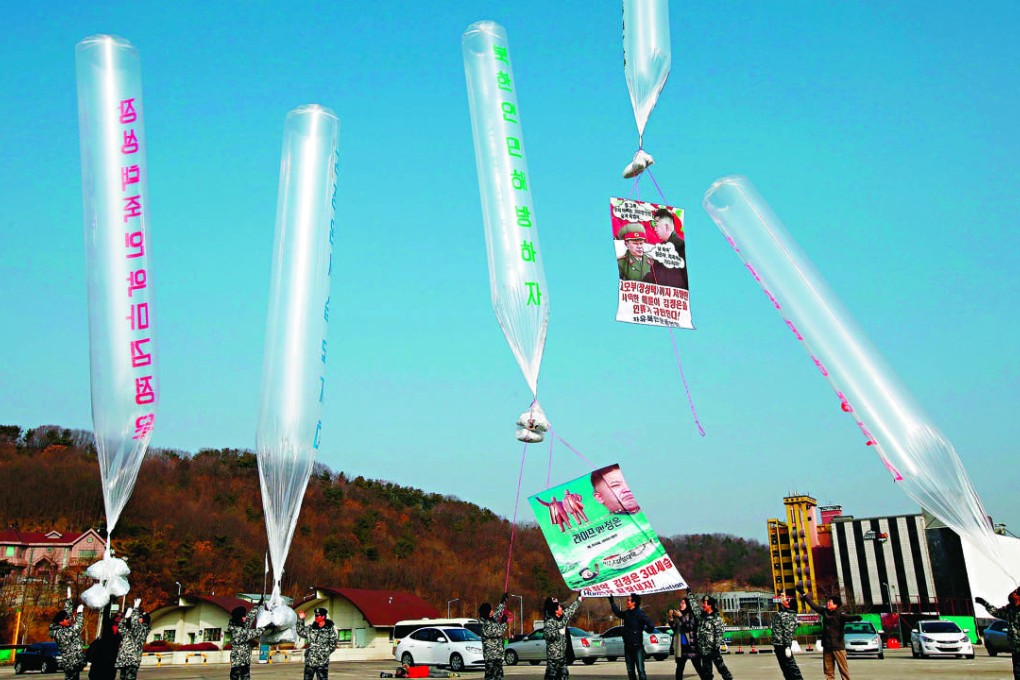Improved access to education, health care and food in North Korea but right to freedom of movement and the right to life worsen, says new report
Life improving in some areas for North Koreans, but fewer defectors and higher secrecy mean it’s more difficult for activists to gather their data

Public executions have declined and access to education, health care and food has improved in North Korea, but secret executions and illegal detentions have increased since leader Kim Jong-un took power in 2011.
While the regime is sensitive to international criticism of its human rights abuses, increased secrecy and a reduced flow of defectors recently have made information gathering more difficult.
These were some findings of the Database Centre for North Korean Human Rights, an independent, Seoul-based body which supplied much of the data for the 2014 United Nations’ Commission of Inquiry Report on North Korean human rights. The centre is also tasked by the South Korean government with interviewing incoming defectors about human rights violations.
The centre has 52,735 human rights violations on record, largely gathered from defector testimony and dating back to the 1940s. Centre staff briefed Seoul reporters on their latest findings yesterday.
Looking at nine categories of human rights violations, chief director Yoon Yoo-sang said between 2011-2014, increased violations were seen in three categories – arbitrary arrests and detention, the right to freedom of movement and the right to life.
“North Korea received a lot of criticism and pressure on public executions and turned to secret executions with almost no witnesses,” he said. Many secretly executed persons are members of the regime elite.
